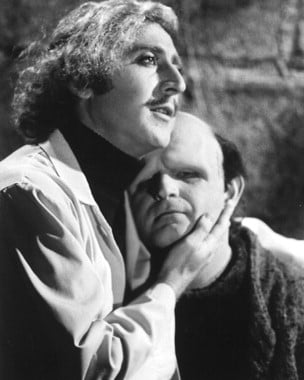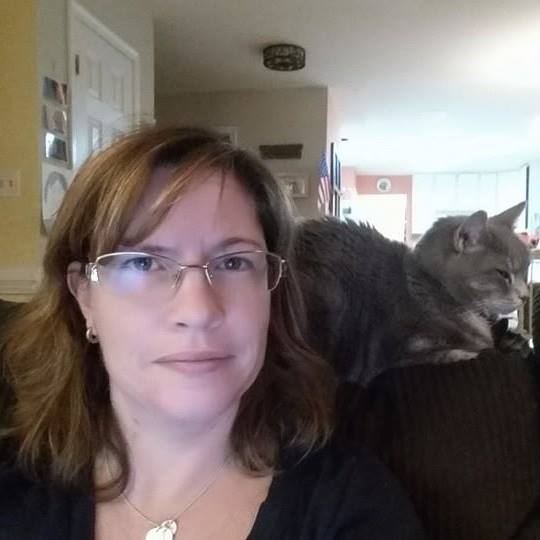Anne-Marie Slaughter, the first female director of policy at the State Department, wrote a very powerful piece in The Atlantic about the pain and conflict experienced by women who were raised being promised the falsehood that “You can have it all! Career! Family! Balance! Health! And if you don’t, we’ll be sooooo disappointed in you!” In “Why Women Still Can’t Have it All,” she gratefully acknowledges the incredible sacrifices of her forebears, which made her amazing career a possibility. She’s also relieved, however, to hear women of my generation and younger asking thoughtful questions about that platitude.
She writes of the reactions ranging from disappointed to condescending when she decided to go back to her work at Princeton instead of staying on with Secretary Clinton. She points out how “leaving to spend time with my family” was, in Washington, D.C. a euphemism for “I’ve been fired,” and how incredibly hypocritical that is in a country claiming to support “family values.” Yet, she still believes “that women can ‘have it all’ (and that men can too). I believe that we can ‘have it all at the same time.’ But not today, not with the way America’s economy and society are currently structured.” We just need equal representation in government. No kidding.
I’ve dealt with condescension and misplaced disappointment of my peers and elders. People told me that if I became a teacher, I’d be wasting my education. That was patently absurd, and I became a teacher. There was pressure to continue my career once I had children. I saw that for the unhappiness it would cause me, and stayed home with my children. I was lucky I had a choice, and continue to be grateful for that on a daily basis.
If I wanted a job/career, I think could make the necessary adjustments to the family life to make it work. If I needed a job, I could (and would have to) make it work. In no way do I intend to denigrate or chastise those who are voluntarily balancing families and careers. Nor do I mean to disregard the fact that many people are in desperate economic situations, struggling in a way I never have had to in order to keep their families fed, clothed, sheltered, and safe.
I speak only for myself, and to the fact that for me, the hours per day it took to be the history teacher I wanted to be plus the hours per day it took to be the parent I wanted to be simply added up to more than 24. And the last time I checked, there were still only twenty-four hours in a day. Until some smart guy comes up with a way to increase the number of hours in a day, or decrease the amount of sleep our bodies really need, there is STILL only so much that can be done in a day.
So here is where I fully expect to infuriate feminists and liberals all around the world. (Or at least the couple of dozens who read my stuff.) Maybe the question, “Who will raise the kids?” was a good one. Maybe, “Who will do what needs doing around the house?” was valid. It’s all about how they were asked. Asking questions like these as a means to shut down a woman’s dreams – as in, “There is no way in hell I’m going to allow my wife to work!” – is unacceptable. Asking them as a means to help a woman fulfill her dreams – as in, “How can I support you and help this happen?” – is quite another story.
Professor Slaughter quoted Mary Matalin, who wrote: “Having control over your schedule is the only way that women who want to have a career and a family can make it work.” Take it a step further, and add men to that sentence. Ideally, in order for one spouse to have true flexibility in and control over his or her scheduling, the other spouse would have it, too. Because for every mother I know who needs flexibility to support her career, I know a father who needs flexibility to support his family life. For every mother who needs control over her schedule so she can present a case in court or put on a hard hat and climb into the sewers, there is a father who needs flexibility to leave work early to coach his daughter’s softball team or make dinner while the mother is making closing arguments.
Frankly, I never believed ANY woman or man could (or should!) have it all. The road to gender equality and personal fulfillment, though, might be much less bumpy if we drew softer lines around what is expected of both men AND women when it comes to their careers and families.















